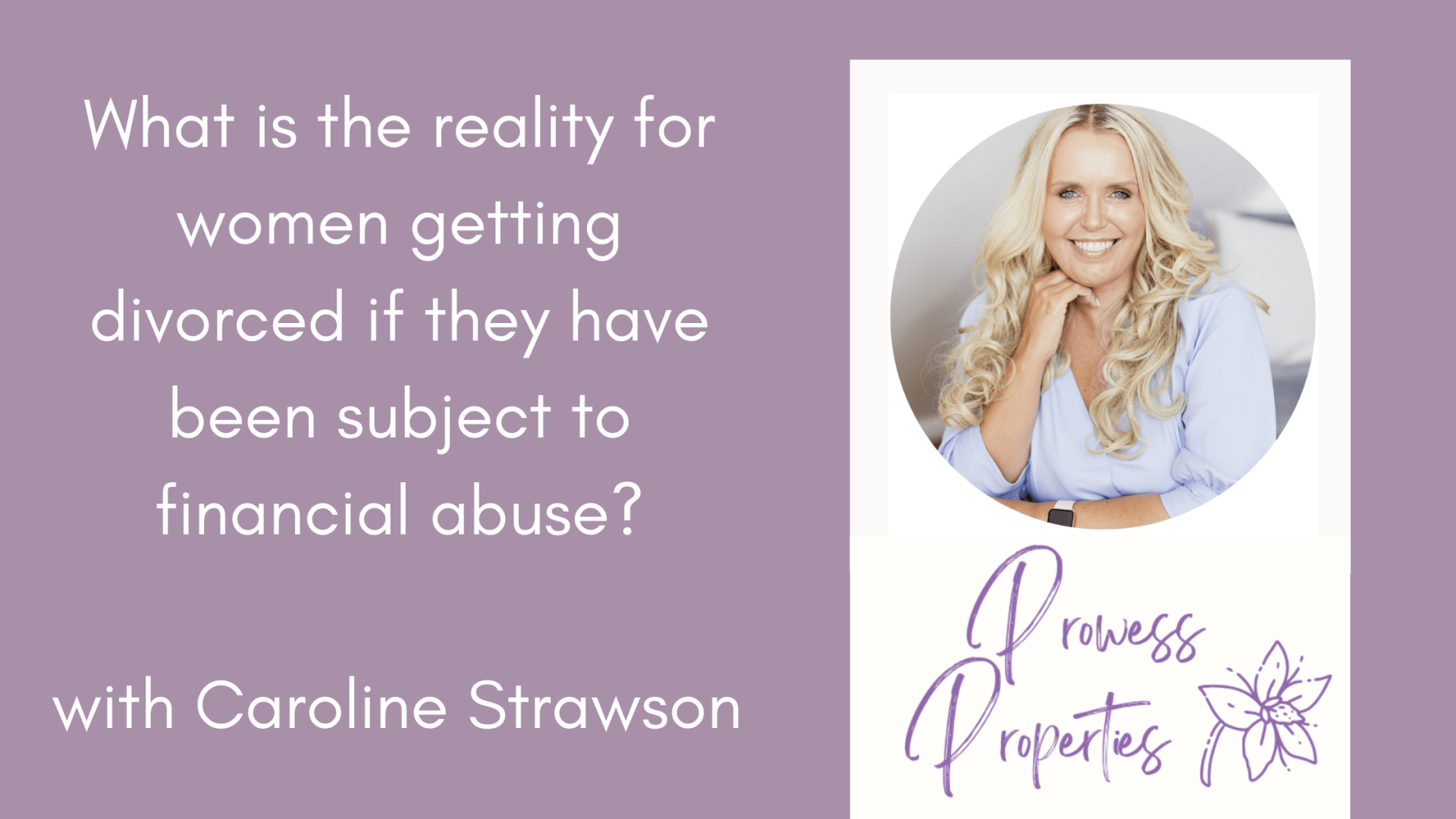5 Top Tips for Financial Security
5 ways to create a financially secure future

Gill Fielding, CEO of Fielding Financial shares her top tips for Financial Security.
I have been a wealth watcher all my life – and from my personal starting position of not having any money at all, I was always intrigued by those people who did.
Over a lifetime of review and discovery, I have seen common traits in all successful people which boil down to just 5 key things. These 5 principles I call the ‘financial five a day’ and we all need them, they should be taught in schools as a fundamental life skill, and they apply whatever your circumstances or financial position. They move anyone from where they currently are to where they want to be.
Tip 1 – Control your income and expenditure
In order to have any control and any success, we need to know where we are and what we’ve got – or haven’t got! But most people just earn and spend with no real awareness or knowledge of where it’s all going. Getting that awareness is the first step in stopping some of that money disappearing.
I always see income and expenditure flows like a bath – I see in my mind’s eye a bath with loads of plug holes in – and your money coming in every month is the water coming out the taps and into the bath, but if you don’t have the plug in and there’s loads of holes in your bath, all the water will run away, and you won’t have any left.
Tip 2 – Budget effectively
Now it doesn’t matter how much money you receive or how it comes to you – it’s how you spread it out that matters. So, the money can be benefits, a salary or whatever – and budgeting skills will enable you to make whatever income you have last until the next pay day – or next benefit day.
If you can learn how to budget and spread your available money over a given period, you can actually get control of your financial life – and that takes away a huge amount of stress.
So, for me to be able to budget takes two skills – one is the simple financial budget of spreading your money over time and the other is more difficult and is the emotional skill of accepting deferred gratification – and that means understanding that you just can’t have EVERY thing NOW.
The great thing about budgeting, is that it creates organisation and discipline with your financial affairs and it leads to control. If you can just take what you receive as income and spread it over the number of days that it has to last you, then you are in control and you can then start taking action to save or spend what you like without the pressure or fear of there being too much month left over after the money has been spent.
If you get into the habit of doing this, you will soon feel much better about your money because the certainty that you will have enough sure beats the fear and anxiety of the uncertainty that you may not be able to pay your way.
Tip 3 – Manage your debt
Now debt is all the borrowings you have, which could include:
· Mortgages
· Overdraft and bank loans
· Specific loans for say a new kitchen or garage or extension or conservatory – so for big stuff
· Cards – credit cards and store cards
From this list we can see that the mortgage is the odd one out because it is used to buy a house or flat which in general does increase over the life of the debt – so by the time you have paid the mortgage off – say over 25 years or so – the house or flat is worth a lot more than you paid for it.
With everything else like a car or a sofa, the item is immediately worth less the second you buy it and even if it’s still brand new you can’t sell a car for its original value once you have driven it off the garage forecourt.
We need to get as much good investment debt as we can and as little consumer or bad debt as possible and it’s no wonder then that debt or credit and the ability to borrow money is known both as the 8th wonder of the world as well as the 8th deadly sin.
Debt and credit can be both good and bad depending on how you use it and what you use it for.
I know that debt is a major part of my wealth creation and that’s because you just can’t ever earn yourself rich – you just can’t live long enough to earn wealth – and if you do want to increase your wealth then you do need to get to grips with debt and borrowing and the understanding and control of it, otherwise you’ll never get there.
Tip 4 – Understand the future value of money
The cost of living (or inflation) constantly means that the cost of purchasing the stuff you need in the future goes up year-on-year. If that increase is 2% per year, then clearly your savings, which get 0.5%, will not buy as much next year as they could do today.
However, if you have your spare money deposited in a place where you can get 5% interest on those funds, and inflation is at 2%, then your savings are definitely worth more next year than they are today.
The rate of return you get on your money is partially up to you and you can decide to make an investment, or start a business that would generate the 5% or more, which guarantees the future increasing value of your money.
The basic difference is understanding savings versus investment.
We all need some savings to provide us with some backup should times get tough. However, once you have that safety net in place, any spare money is better used to make investments, where you have more control over the rate of return and where you can positively expect higher interest rates and profits.
These investments fall into three broad categories: land and property, shares and trading and having a business.
Tip 5 – Take Responsibility
To me it’s very, very clear, that YOU are the only person responsible for your financial life.
Many people have this strange notion that their wellbeing whether it be financial or otherwise is the responsibility of some external force like the government or something. But I must let you in on a secret - there’s only one person who cares about you and your money and that’s…YOU!
So “If it’s to be, it’s up to me” is what I say.
In fact, we have evidence that the more responsibility you take personally for your money the more you have and the higher the rate of return you achieve on your investments.
So do yourself a huge favour and rely on yourself! Embrace this principle and take responsibility for your finances now and for the future.
In summary…
The great thing about these top tips, is that you can work on all five of them at the same time and although they are sequential in logic, they do not have to be sequential in action. You can work on your sense of self responsibility at the same time as you work on your budgeting and your debt and for certain, the more you work on them, all the more the stronger you will be, the more choices you will have and the more success you will generate.
And the principles always remain the same and you can go back to them as your life changes.
I wish you similar successes and most of all I wish you, health, wealth, and personal happiness,
Gill Fielding




